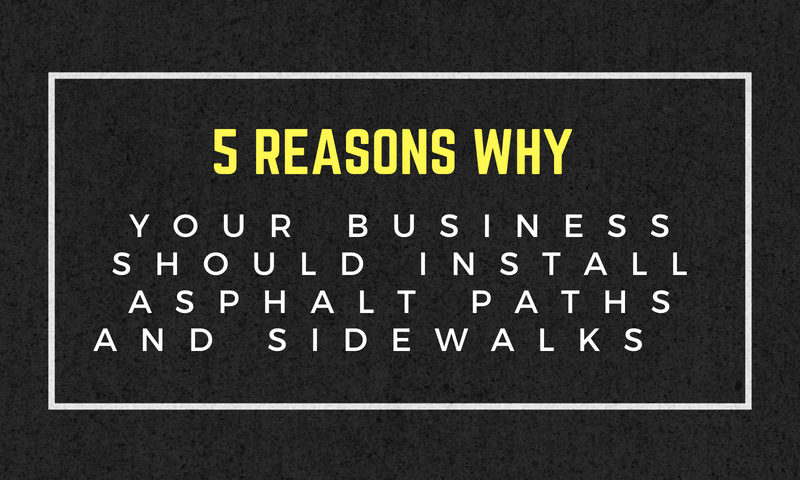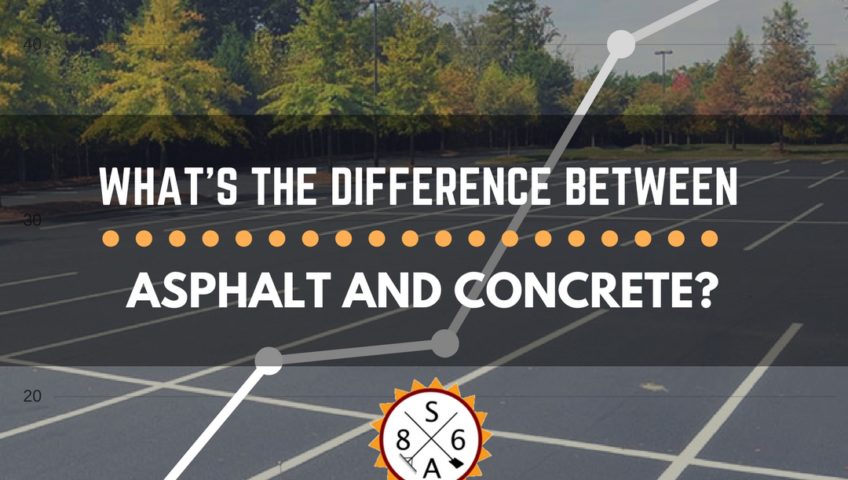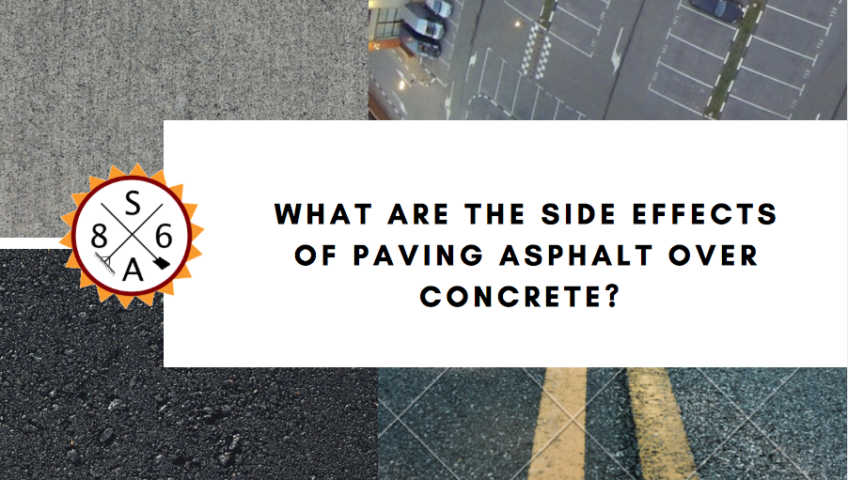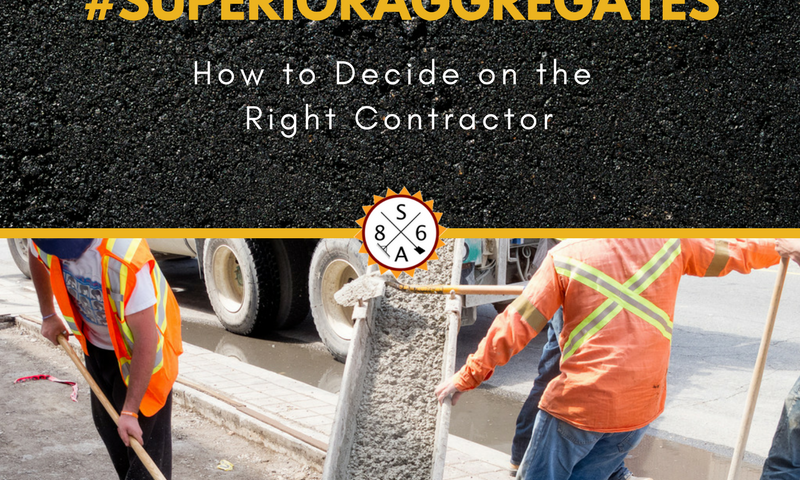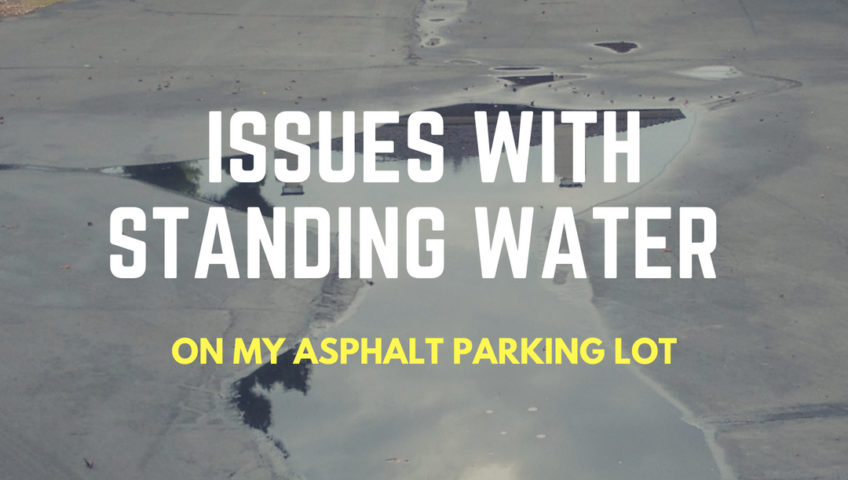
Issues with Standing Water on my Asphalt Parking Lot
Flooded parking lots make navigation nearly impossible for motorists and also poses mobility problems to pedestrians. What’s more, such derelict parking spaces end up causing damage to your precious car, and you’re forced to make expensive repairs every now and then. But where do these annoying puddles come from? And can the formation of these puddles on your asphalt parking lots be prevented?
The surface lining roads, pavements and curbs constantly undergo wear and tear as the vehicles use them and as the seasons come and pass. Weather plays a crucial role in shaping up these roads, especially during snowy weather conditions. The falling snow finds its way into small cracks and crevices lining the asphalt parking lots and pavements. With time, the snow starts to erode the surface of your parking lot, and that’s one of the main element behind the gaping potholes on your parking lots and roads.
Preventive Measures
Asphalt pavements also get damaged by heavy vehicles and trucks, either parked or moving. The excess tonnage of these earth monsters causes the pavements to get depressed, and in the process, the walkways are weakened. The best way to avoid weak and unstable sidewalks is by making sure the contractors compact the soils on the pavements foundation properly such that it can comfortably support heavy vehicles. Also, heavy vehicles ought not to be parked for extended durations on the asphalt parking lot. Finally, by regularly cleaning the parking lot it will last longer and will be much safer for all.
Drainage Fixes
Stagnant water pools on your parking lot may also come from a poor drainage infrastructure. The parking lot should have a robust drainage system capable of handling all the water rushing in from torrential rainfalls and burst sewage pipes. It’s worth noting that, puddling is a preventable problem. Consult with your local asphalt experts and get them to divulge other secrets and tips on how one undertakes proper parking lot maintenance.
Finding Asphalt Contractors
There’s no need whatsoever for you to panic just because of a clogged up parking lots. There’s always an easy solution and way out of the parking lot nightmares. The solution involves seeking the services of a reliable, trusted and accredited asphalt contractor and then paying them to undo the asphalt damage. The first thing that a licensed pavement repair contractor will do once you contact them is sending an expert to inspect the extent of damage on your parking lot.
The emissary from the asphalt construction company then uses their past exposure and experience to figure out what exactly is causing the unsightly potholes. The asphalt specialists may, for instance, decide to go with one of the most commonly used pavement repair procedures known as the infrared asphalt treatment. Alternatively, the issue may be emanating from old and malfunctioning drainage pipes, and in that case, the expert guides you on how to buy and install new gutters, curbs, and even trench drains from reputable concrete companies.
In conclusion
To save money and still walk away with a terrific pavement job, here’s what you should do. Always hire the most experienced asphalt pavement Solutions Company over the new and counterparts in the asphalt industry. To solve the standing water problems once and for all, you’re highly recommended to reach out to a registered asphalt pavement service provider.
Flooded parking lots make navigation nearly impossible for motorists and also poses mobility problems to pedestrians. What’s more, such derelict parking spaces end up causing damage to your precious car, and you’re forced to make expensive repairs every now and then. But where do these annoying puddles come from? And can the formation of these puddles on your asphalt parking lots be prevented?
The surface lining roads, pavements and curbs constantly undergo wear and tear as the vehicles use them and as the seasons come and pass. Weather plays a crucial role in shaping up these roads, especially during snowy weather conditions. The falling snow finds its way into small cracks and crevices lining the asphalt parking lots and pavements. With time, the snow starts to erode the surface of your parking lot, and that’s one of the main element behind the gaping potholes on your parking lots and roads.
Preventive Measures
Asphalt pavements also get damaged by heavy vehicles and trucks, either parked or moving. The excess tonnage of these earth monsters causes the pavements to get depressed, and in the process, the walkways are weakened. The best way to avoid weak and unstable sidewalks is by making sure the contractors compact the soils on the pavements foundation properly such that it can comfortably support heavy vehicles. Also, heavy vehicles ought not to be parked for extended durations on the asphalt parking lot. Finally, by regularly cleaning the parking lot it will last longer and will be much safer for all.
Drainage Fixes
Stagnant water pools on your parking lot may also come from a poor drainage infrastructure. The parking lot should have a robust drainage system capable of handling all the water rushing in from torrential rainfalls and burst sewage pipes. It’s worth noting that, puddling is a preventable problem. Consult with your local asphalt experts and get them to divulge other secrets and tips on how one undertakes proper parking lot maintenance.
Finding Asphalt Contractors
There’s no need whatsoever for you to panic just because of a clogged up parking lots. There’s always an easy solution and way out of the parking lot nightmares. The solution involves seeking the services of a reliable, trusted and accredited asphalt contractor and then paying them to undo the asphalt damage. The first thing that a licensed pavement repair contractor will do once you contact them is sending an expert to inspect the extent of damage on your parking lot.
The emissary from the asphalt construction company then uses their past exposure and experience to figure out what exactly is causing the unsightly potholes. The asphalt specialists may, for instance, decide to go with one of the most commonly used pavement repair procedures known as the infrared asphalt treatment. Alternatively, the issue may be emanating from old and malfunctioning drainage pipes, and in that case, the expert guides you on how to buy and install new gutters, curbs, and even trench drains from reputable concrete companies.
In conclusion
To save money and still walk away with a terrific pavement job, here’s what you should do. Always hire the most experienced asphalt pavement Solutions Company over the new and counterparts in the asphalt industry. To solve the standing water problems once and for all, you’re highly recommended to reach out to a registered asphalt pavement service provider.

